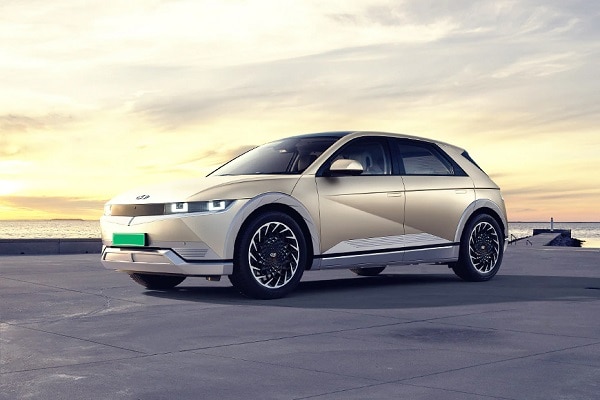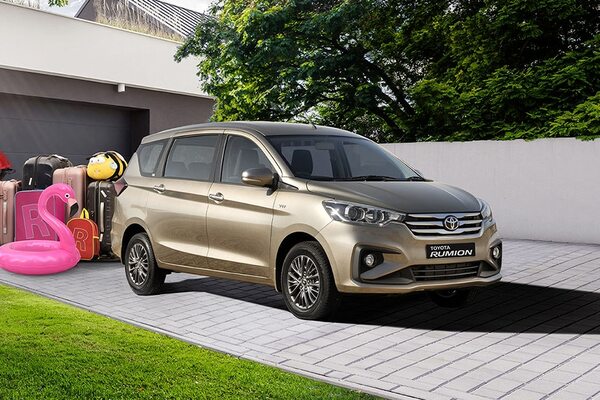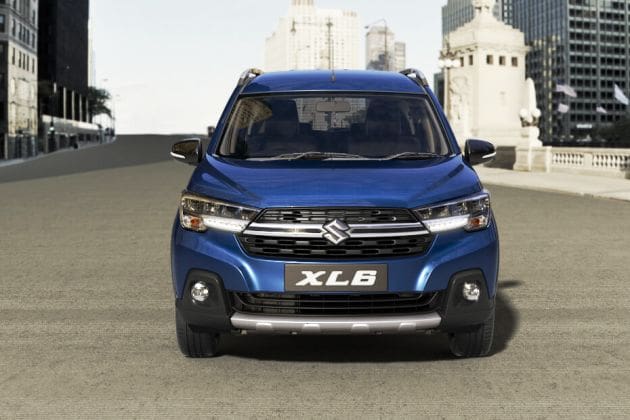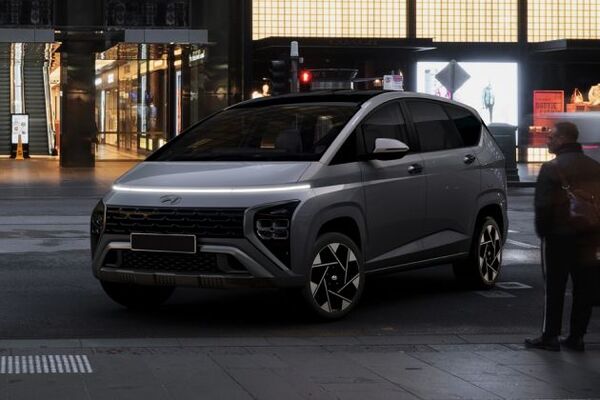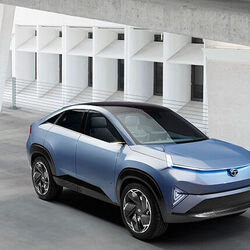CNG vs electric car: Pros, cons and prices compared
- Petrol too expensive? CNG cars can make sense. Petrol and diesel cars pollute too much? Electric cars make big promises.
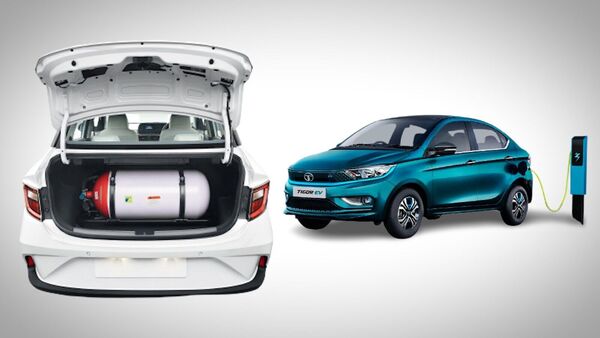

Once upon a time, CNG cars were touted as the greenest vehicles money could buy. The promise of lower emissions and lower running cost were - and to some extent, still are - highlighted as major advantages of driving around a machine that packs an entire cylinder in its boot. But while the popularity of CNG vehicles remains steadfast in many parts of India, electric cars or EVs are the new hot items on wheels.
Comparing a CNG-fitted car with an electric car may be an Apple to Orange comparison but both technologies are determined to challenge the age-old petrol or diesel-only option that buyers in the country and across the world have had and still do. The options may still be rather limited for both but there is a gradual expansion at work. And because both also need a strong infrastructure support before becoming enormously popular, there may still be some fair distance to go before one can truly claim petrol or diesel-only vehicles are extinct. Why should I buy a CNG vehicle? The answer is simple - running cost is lower. But how much one saves when driving a CNG car depends on factors such as daily mileage and CNG per kilo price vs petrol per litre cost. In recent times, CNG rates have seen several revisions towards the north but that has hardly impacted demand of some very popular models like Maruti Suzuki Ertiga, Hyundai Aura and Tata Tiago.
Also check these Cars
Why should I buy a CNG vehicle?
_1658206911215_1658207729716_1658207729716.jpg)
_1658206911215_1658207729716_1658207729716.jpg)
Company-fitted CNG vehicles make a lot of sense for anyone who has a high daily or monthly running. While one may pay a sizeable extra for the variant, this extra can be recovered in a few years' time if there is extensive driving involved. Plus there is the added advantage of lower emissions from such vehicles.
Do also remember that with the country's three biggest car manufacturers - Maruti Suzuki, Hyundai and Tata Motors - all offering CNG-fitted models, the list of options are decently large.
Why should I not buy a CNG vehicle?
For anyone who travels extensively, the obvious demerit of a CNG car is that the kit eats up all of most of the boot space. In such an instance, one would have to pay extra for a roof carrier to store bigger bags and suitcases. There also is a marginal drop in performance.
CNG cars also may make very little sense for someone who lives in an area with no or very limited number of CNG-filling stations. And if the ration between such stations and the number of CNG cars is skewered, it may mean investing as much as an hour for a refuel.
CNG vehicles are also not recommended for anyone whose running is likely to be less than 50 kms a day or around 2,000 kms a month. This is because the extra amount that one has to pay for a company-fitted CNG kit will take a very long time to recover if the daily or monthly running is limited. Why should I buy an EV? The biggest moral advantage of an EV is that there is zero emission. Sure, many environmentalists highlight factors such as resource mining and battery manufacturing processes but the final product itself emits nothing.
Why should I buy an EV?
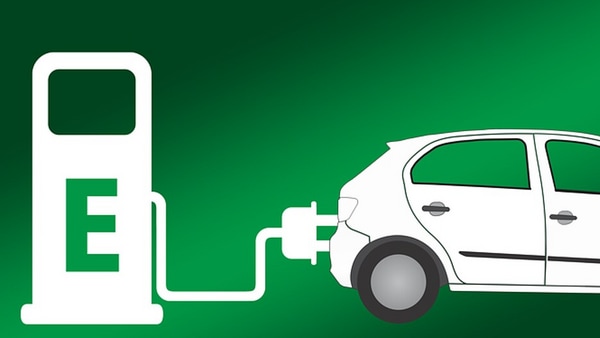

The biggest practical advantage is that regardless of per unit cost of electricity, driving an EV is far more affordable than driving a vehicle with any other fuel type. Then there are obvious benefits like a silent drive and a car in the garage that would make a statement. Service cost is also likely to be rather inexpensive as there are fewer parts to update or replace.
Why should I not buy an EV?
Unlike CNG cars, an EV does offer the use of the entire boot space but what good is that if the range is rather limited? For someone who makes frequent highway trips, there is a very real possibility of range anxiety. If a car claims to offer 20 kmpl and returns 15 kmpl, one can still easily find a fuel station and get a refill in minutes. But for an EV that claims range of 300 kms and a real-world figure of 250 kms, many trips may be either a no-go or require enormous planning. The charging infrastructure is still limited in cities as well as highways and even if you do find a working point and connection, get ready to invest a lot of time to power the vehicle back on.
EVs are also costly at present. These may be a great option for daily city commutes where one can charge the vehicle at home every few days but why spends a big premium when scope and scale of travel is limited?
Also pay attention to the number of options. While the list of EVs in India and the world is expanding, it is still starkly limited. ₹20 lakh, for instance, can bring you a long list of SUV, hatchback and sedan options but only a few of these would offer an electric alternate.
Longevity is another factor where, while manufacturers are offering around eight years' warranty on the battery pack, the actual condition of batteries after years and years of use has not yet been established.
The onslaught of EVs is evident and the advent is rather inevitable. But at present, electric cars are still a niche offering and recommended for those who already own at least one non-electric car. As for CNG vehicles, the loss of boot space and long wait at pumping stations remain the biggest concern.







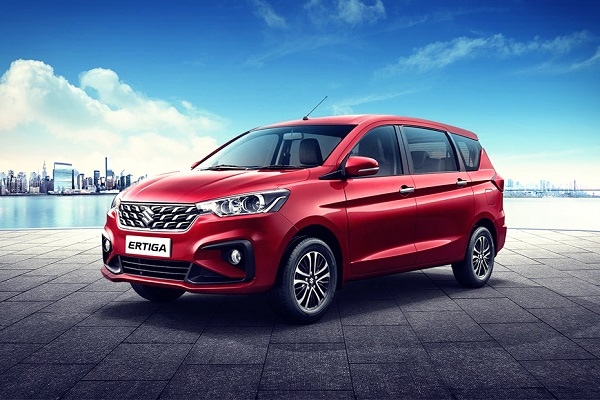
 1462.0 cc
1462.0 cc Multiple
Multiple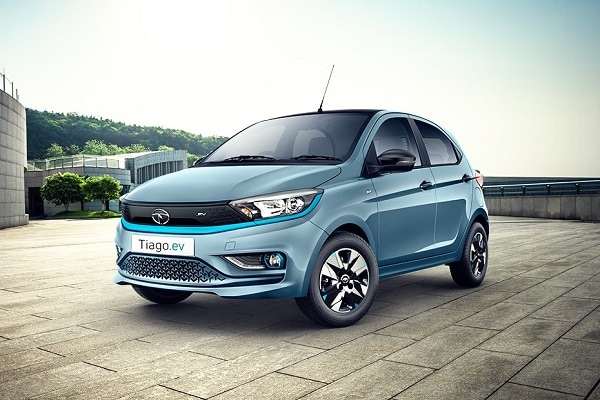
 19.2 to 24 kWh
19.2 to 24 kWh 315 km
315 km